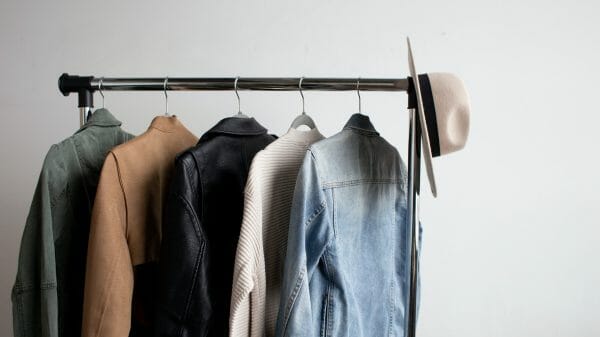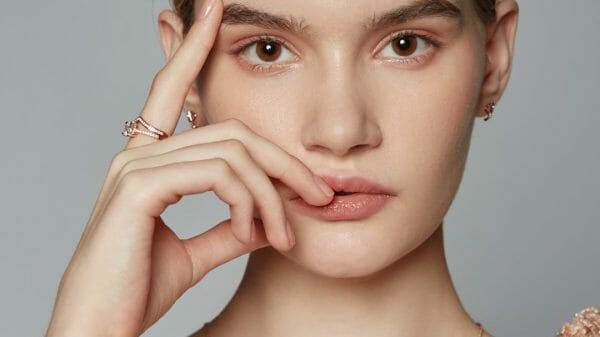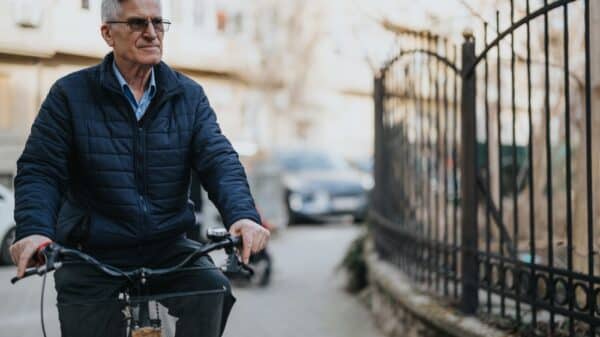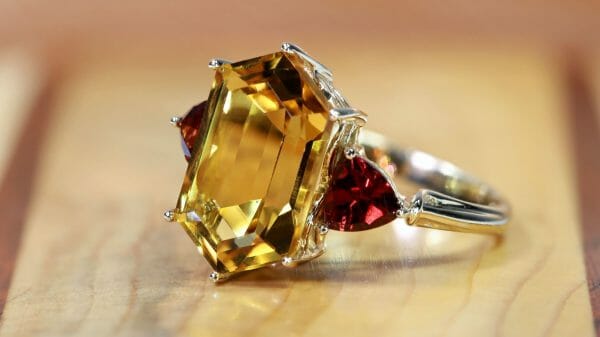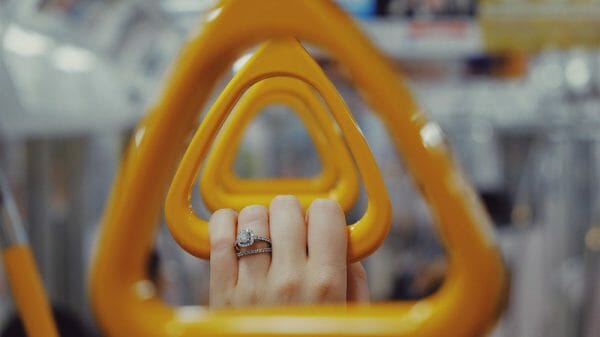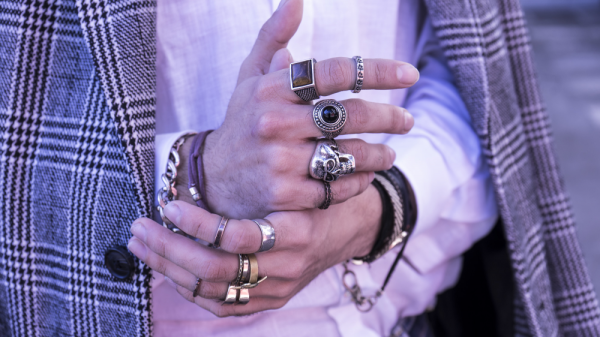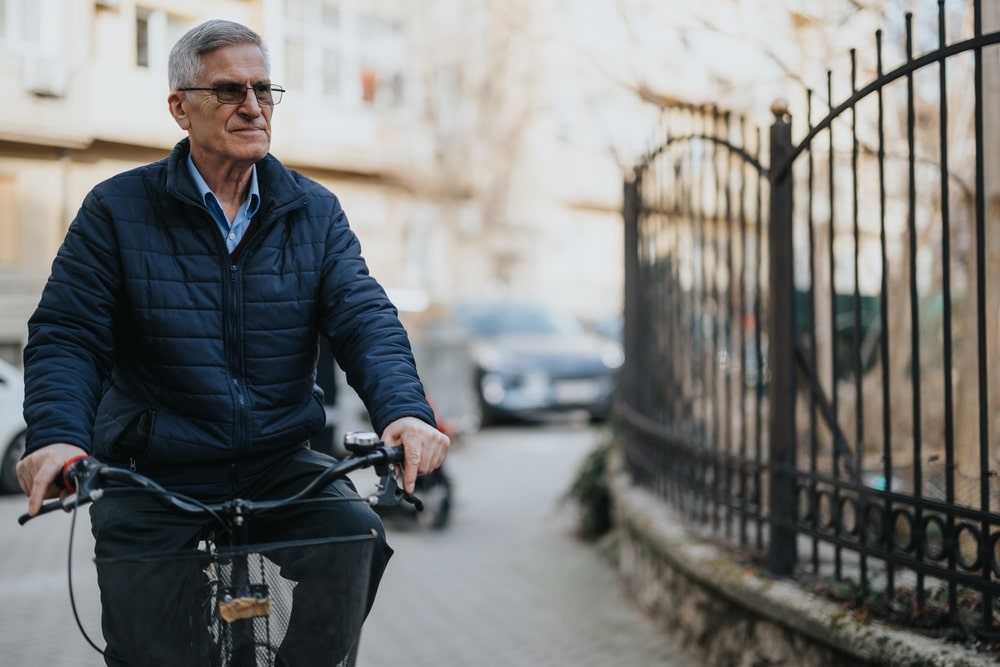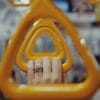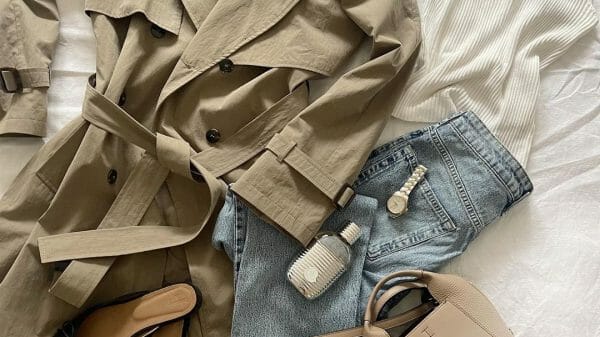Maintaining attention to personal grooming and appearance in the later stages of life goes beyond mere vanity; it is vital for enhancing self-esteem, supporting mental health, and upholding a sense of identity and dignity. As people grow older, the focus on appearance can often be diminished by health issues or mobility challenges; however, dedicating time and effort to one’s appearance offers a multitude of psychological and social advantages. This article explores the significance of caring for one’s looks as one ages.
Boosting Self-Esteem and Confidence
Self-esteem is inherently tied to our self-image, which is greatly affected by our perceptions of our physical looks. For many, maintaining a clean and orderly appearance can elevate confidence and feelings of self-worth. This is especially critical in later years when other life achievements, such as career success or physical capability, may not hold as much significance. Dressing well and tending to one’s body and hair can impart a sense of control and pride, thus improving overall well-being.
Supporting Mental Health
A consistent grooming routine can be quite therapeutic. It offers structure to the day and provides comfort through a sense of normalcy. This daily practice can be particularly stabilizing as older individuals navigate transformations in their lives, such as retirement, bereavement, or health difficulties. Additionally, the act of grooming serves as a small, daily accomplishment, positively impacting mental well-being.
Encouraging Social Engagement
The way one presents themselves significantly influences social interactions. A well-maintained appearance can alter perceptions and treatments from others, which is essential for older adults who might already feel marginalized. Looking polished can foster a greater desire to partake in social activities and outings, helping mitigate the risk of social isolation, a common challenge in advanced age. Active social involvement is associated with numerous health benefits, including lower rates of mental health issues like depression and physical ailments such as cardiovascular disease.
Expressing Personal Identity
For many individuals, personal grooming and style serve as lifelong expressions of their identity. Neglecting this aspect in later life can feel akin to a loss of self. By maintaining one’s appearance, individuals can convey their personality and life story, which is especially significant during the aging journey. Choices like wearing a favorite color, styling hair in a unique way, or adorning cherished jewelry reflect personal narratives. High-quality care facilities in Shropshire often organize visits from hairstylists to ensure that residents can present their best selves whenever they desire.
Promoting Physical Health
The physical tasks associated with grooming—such as bathing, brushing hair, and dressing—also act as light physical activities that help preserve mobility and dexterity. Focusing on grooming can aid in maintaining fine motor skills and cognitive abilities.
Taking care of one’s appearance later in life is a multifaceted aspect of aging that affects psychological, social, and physical health. It bolsters self-image, facilitates social interactions, and provides a structured daily routine. Beyond superficiality, it emphasizes self-respect and safeguards one’s dignity and identity throughout the aging process. Therefore, personal grooming remains an essential element of healthy living in older age, warranting attention and respect from both the individual and those around them.
Image Source: Gorgev / Shutterstock





